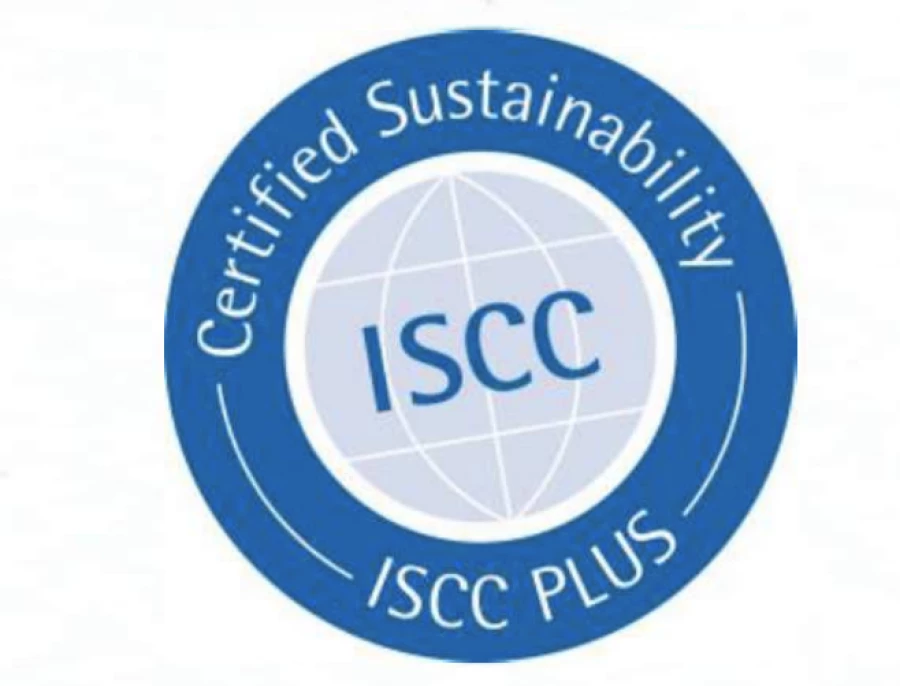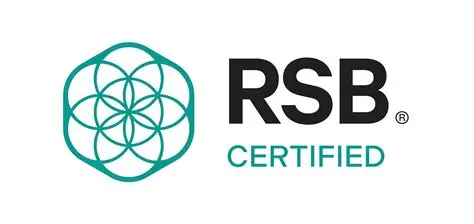The Strategic Value of Certified Fuels
- andreadossantos99
- Sep 30, 2025
- 2 min read
As the global energy sector transitions toward more sustainable practices, certification systems such as ISCC (International Sustainability and Carbon Certification) and RSB (Roundtable on Sustainable Biomaterials) have become critical tools for ensuring the integrity and accountability of bio-based fuels. For both producers and buyers, engaging with certified fuels offers a range of strategic, environmental, and economic benefits.
Ensuring Environmental Integrity
ISCC and RSB certifications provide rigorous frameworks to verify that fuels are produced from sustainable feedstocks. These systems help prevent deforestation, protect biodiversity, and ensure that land use changes do not result in unintended environmental harm. Certification also includes lifecycle greenhouse gas (GHG) accounting, enabling producers to demonstrate measurable emissions reductions.
Enhancing Supply Chain Transparency
Both ISCC and RSB require full traceability across the fuel supply chain. This level of transparency is increasingly demanded by regulators, investors, and consumers. It allows companies to verify the origin and sustainability of their inputs, manage risk, and build trust with stakeholders.
Supporting Regulatory Compliance and Market Access
Certified fuels are often required or preferred under national and international regulatory frameworks, including the EU Renewable Energy Directive (RED II) and U.S. Renewable Fuel Standard (RFS). Certification facilitates access to these markets and can qualify producers and buyers for financial incentives, such as carbon credits or tax benefits.
Strengthening Corporate Responsibility
RSB, in particular, incorporates social sustainability criteria, including labor rights, community engagement, and ethical business practices. This adds a layer of assurance for companies seeking to align with broader ESG (Environmental, Social, and Governance) goals.
Conclusion
Producing and purchasing ISCC or RSB certified fuels is not merely a compliance exercise—it is a strategic decision. These certifications provide a credible, internationally recognized framework for advancing sustainability, reducing emissions, and enhancing market competitiveness in a rapidly evolving energy landscape.
Would you like this article formatted as a downloadable PDF or prepared for a specific publication or platform?






Comments